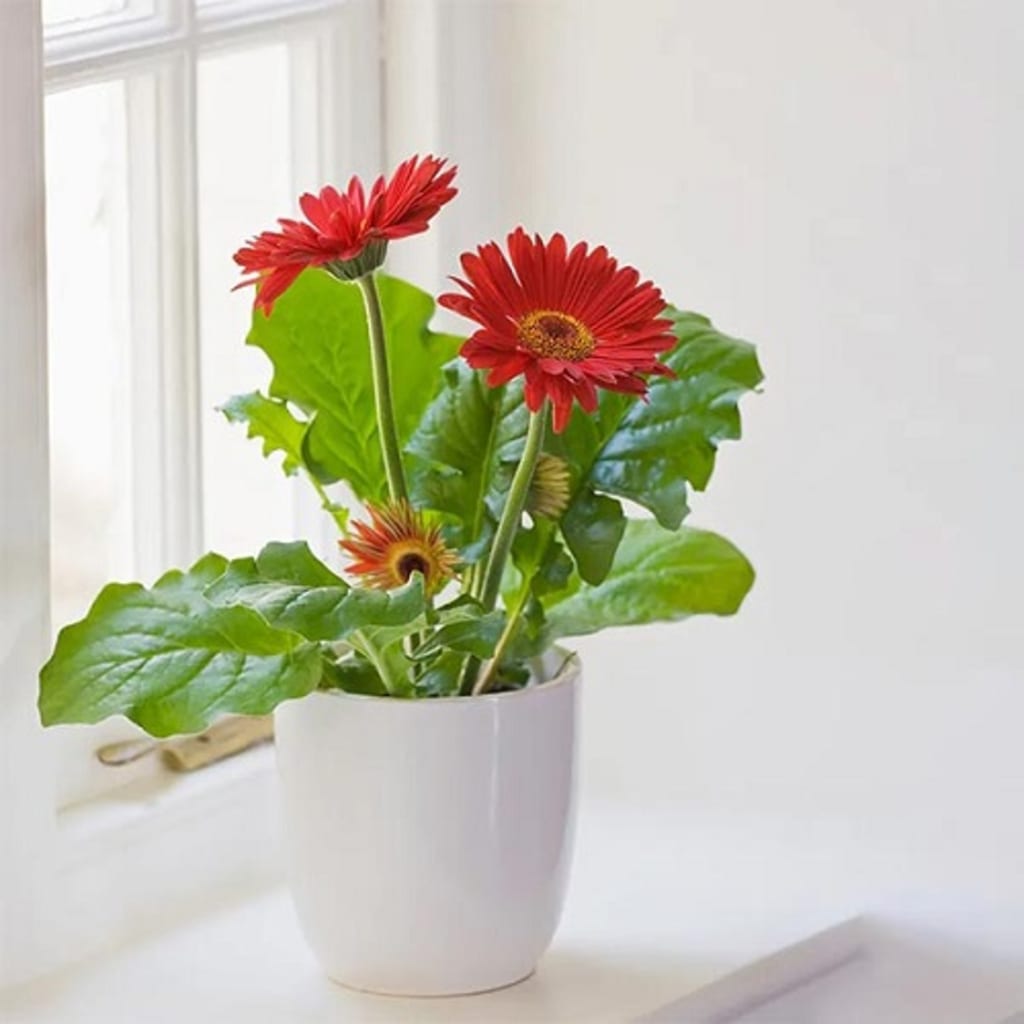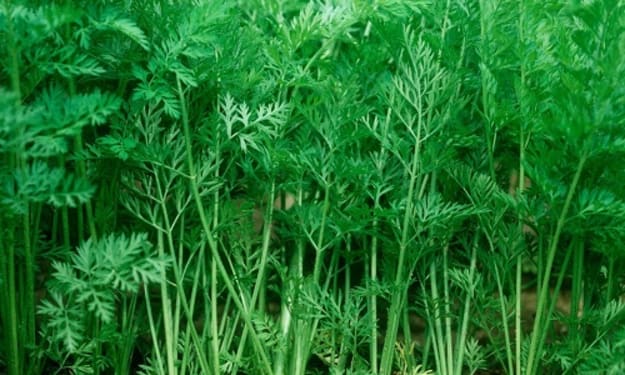63 Flowers That Start With G
Flowers That Start With G

The letter "G" holds a treasure trove of beautiful flowers waiting to be explored. From the well-loved Geranium to the mysterious Globba, Flowers That Start With G offers an incredible variety to garden enthusiasts and floral designers alike. Read this article and enrich your gardening knowledge.
1. Gerbera Daisy
Gerbera daisies, scientifically known as Gerbera jamesonii, are a stunning and popular flowering plant cherished for their vibrant, large, and daisy-like blooms. These perennials belong to the Asteraceae family and are native to South Africa. Gerbera daisies have become a beloved fixture in gardens, floral arrangements, and landscapes worldwide due to their striking appearance and extensive range of colors.
The most distinctive feature of the Gerbera daisy is its dramatic flower head, which typically measures 2 to 5 inches (5 to 12.5 cm) in diameter. These flowers showcase a central disk surrounded by a circle of colorful petals, which come in an array of shades such as red, pink, orange, yellow, and white. Some varieties even boast unique bi-color combinations. This diversity of colors makes Gerbera daisies a favored choice for adding a burst of brightness to gardens and floral bouquets.
Caring for Gerbera daisies involves providing them with the right growing conditions. They thrive in well-draining soil and prefer full sunlight, although they can tolerate some partial shade. Adequate watering is crucial, as they are susceptible to root rot if the soil becomes waterlogged. These daisies are also sensitive to frost, so they are often cultivated as annuals or grown in pots that can be brought indoors during the colder months.
Apart from their aesthetic appeal, Gerbera daisies hold symbolic meanings. They are commonly associated with innocence, purity, and cheerfulness, making them a popular choice for gift bouquets, particularly in celebrations like birthdays and weddings.
Gerbera daisies have further importance in the realm of horticulture and floral industry, as they are often used as cut flowers. Their long-lasting blooms and vibrant colors make them a sought-after choice for florists and floral designers. Additionally, they have been bred extensively to produce novel varieties with unique features, ensuring their continued popularity in the world of horticulture and floral artistry.
In summary, Gerbera daisies are renowned for their striking appearance, vibrant colors, and diverse symbolism. These flowering plants not only enhance the beauty of gardens but also play a vital role in the floral industry, where their captivating blooms are used to convey emotions and brighten up various occasions. Whether in a garden or a floral arrangement, Gerbera daisies never fail to bring joy and charm with their splendid blossoms.

2. Gardenia
Gardenia, scientifically known as Gardenia jasminoides, is an enchanting and highly prized flowering plant known for its exquisite blossoms and captivating fragrance. This evergreen shrub belongs to the Rubiaceae family and is native to tropical and subtropical regions of Asia, particularly China and Japan. Gardenias are cherished by gardeners and flower enthusiasts for their beauty and aromatic allure.
One of the most defining features of the gardenia is its stunning white or creamy-white flowers. These flowers typically have a distinct, pinwheel-like shape and a waxy texture, which adds to their visual appeal. The fragrance of gardenias is legendary, often described as sweet, intoxicating, and reminiscent of jasmine. The scent is so captivating that it has been used in perfumes, candles, and various beauty products for centuries.
Cultivating gardenias can be a rewarding yet somewhat challenging endeavor. These plants thrive in warm, humid climates and prefer well-draining, acidic soil. They require a location with partial sunlight, as excessive exposure to direct sunlight can scorch their delicate leaves. Adequate moisture is essential, and gardenias should be watered consistently to prevent soil dryness. In colder regions, gardenias are often grown as potted plants that can be brought indoors during the winter months.
Aside from their ornamental value, gardenias hold cultural significance in various parts of the world. In some Asian cultures, they are associated with purity, love, and refinement, making them a popular choice for bridal bouquets and religious ceremonies. In Victorian-era Europe, the language of flowers was used to convey sentiments, and gardenias symbolized secret love and admiration.
The gardenia's iconic fragrance and elegant appearance have earned it a special place in the world of floristry and horticulture. These flowers are often featured in floral arrangements, particularly in corsages and boutonnieres. Gardenias are also popular choices for landscaping, where their lush green foliage and striking blossoms enhance the beauty of gardens and outdoor spaces.
In conclusion, gardenias are exquisite flowering plants cherished for their stunning white blooms and enchanting fragrance. While they require specific growing conditions, the effort is well worth it for the reward of experiencing their captivating aroma and visual beauty. Whether in gardens or as part of floral arrangements, gardenias continue to captivate the hearts and senses of those who encounter them.
About the Creator
Enjoyed the story? Support the Creator.
Subscribe for free to receive all their stories in your feed. You could also pledge your support or give them a one-off tip, letting them know you appreciate their work.





Comments
There are no comments for this story
Be the first to respond and start the conversation.